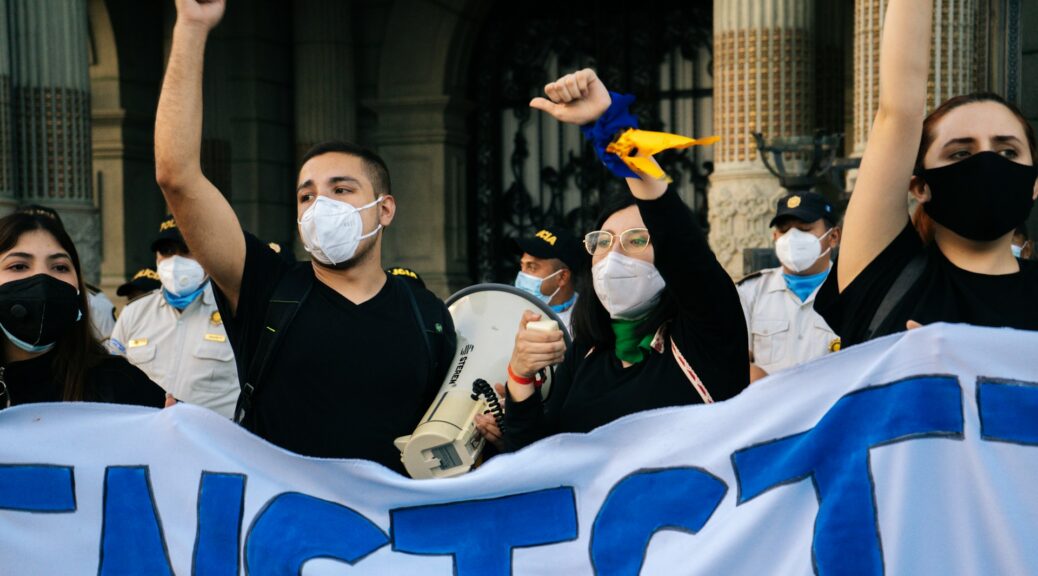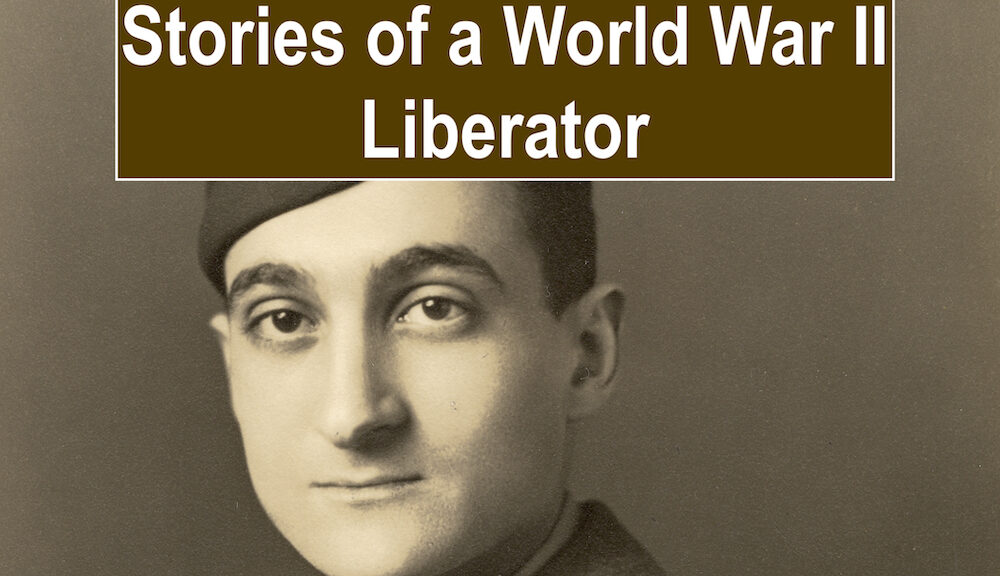Opinion: American Jewish Education
Fails Israel
What I offer is an unapologetic defense of the Jewish People. Oh yes, we are indeed a People. Not an ethnicity, though we have many ethnicities within our general culture. Not a religion, though we do have numerous and competing variations of theology among our ranks. It ain’t about religion.
Jews are the indigenous nation of the Land of Israel.
We’ve been separated from our land for a couple thousand years.
Jews are indigenous under the definition provided by the United Nations Department of Economic and Social Affairs. Where we differ from virtually every other dispossessed indigenous culture is that we have honored the memory of our roots. Through a couple of millennia of suffering the brutality visited upon us by most of our foreign hosts, we not only remembered our homeland, but we’ve had the unwelcome chutzpah to recover and resettle it.
Arabs reflexively and cynically refer to us as “Europeans”. The next time you hear that, challenge your Arab friend to ask a Pole whether or not Jews come from Poland. You’re likely to quickly learn that Poles consider Jews to be outsiders, foreign to the Polish mainstream.
Europe is but a piece of a much larger pie. Israeli origins owe even more to countries such as Iran, Iraq, Egypt, Yemen, India, Kazakhstan, Georgia, and Ethiopia than they owe Europe. That list is incomplete but in every case, Jews brought their ethnic and racial overlay with them, assuring Israel’s identity as the most ethnically and racially diverse country on earth.
We are as much a People as the residents of China, or India or Mexico. We are the most successful Indigenous People in History. Israel is a unique example of the return of a native people to its homeland. Arab propaganda denies the abundant archaeological, overwhelming historical, compelling genetic, and original linguistic evidence that supports this reality. The Jews have accomplished a feat that is the envy of the Cherokee nation and every dispossessed People on earth. We are a role model for the disenfranchised.
Let’s look at Israel’s modern origins and how the Arab narrative has contaminated the conversation. Over 600,00 Jews and 600,000 Arabs were displaced in the wake of the 1948 war. The Jewish refugees were welcomed by Israel, though they faced an arduous absorption process. Displaced Arabs were not welcomed by Arab nations – not by Syria, not by Iraq, nor by Egypt or the other 19 nations that make up the Arab world. They were marginalized as refugees and remain so today. This is in contrast with a similar disruption of population that occurred virtually simultaneously (and incidentally, also under British mismanagement of India’s partition) in the Punjab. Far more people were displaced than in Palestine. Millions were reciprocally murdered, but the exchange of populations was otherwise unimpeded, and refugees were considered as such only briefly, as Pakistan and India emerged as distinct entities. But irresponsible Arab nations have nurtured a festering cancer in their region, by perpetuating the status of refugees of the “Nakba”.
Much has been made of the charge of genocide against Israel. On the surface the outrageousness of asserting that the world’s most iconic victims of genocide are now being accused of it is world record chutzpah. That I find myself obligated to defend against this charge is mind boggling. It’s worth pointing out that Gaza’s population has increased from 1.5 million in 2010 to 2.1 million in 2023. This irritating factoid doesn’t deter Arab activists from fictionalizing the phenomenon. A simple fact prevails – there has been no genocide in Gaza. That does not imply that there have been no deaths of non-combatants. There have indeed. This is an inevitability when wars take place, but genocide? No way, no how. Slander against Jews? Yes, big time. Sadly, we claim the events of October 7,2023 as a postscript to the Holocaust of WWII and as Israel’s license to end this ongoing slaughter once and for all.
Let’s put the current Gaza casualty figures in perspective. All reported Gaza death numbers emanate from Hamas. It is known that they habitually exaggerate the numbers, as they did with the El Shifa hospital episode, early in the war. Numerous deaths were blamed on Israel until it was revealed that the Islamic Jihad was responsible for misfiring rockets, resulting in mayhem. Consider this: The United States military left 200,000 Iraqi dead in the latest conflict. Syrian P.M. Hafez Al Assad massacred at least 500,000 Syrian civilians in an earlier adventure. Where were the protests? Why the focus on Israel at the expense of these disasters? What about the current situation in Sudan where, according to U.N. estimates, 5,000,000 people are at imminent risk of starvation – I don’t hear any campus protests. So much for the failure of our educational system and the defense of justice.
Another popular fiction perpetually posted by Arab activists is that Israel promotes Apartheid. Apartheid refers the policy of a former South African regime that was focused on enforcing segregation of buses, beaches, and bathrooms. This does not exist in the state of Israel. There is zero restriction on the movement of the Arab population. They freely share all beaches with other Israelis, they ride every bus, and they poop in every public bathroom. They have unfettered access to universities, and their graduates have distinguished themselves, in particular in the medical and engineering fields. Their status has been contested as second class, but their quality of life and outspoken self-expression has no equal in Arab countries.
At every critical moment in the conflict, Israel has endorsed plans to give the Arabs a state. At each and every opportunity the Arabs rejected the offer. They blame Israel for their own intransigence.
Hamas, in Arabic, is an acronym for the Islamic Political Movement. Beheading infants and children, raping and murdering women, and killing elderly people is expressly forbidden by the Qur’an. Yahya Sinwar pretends to be Muslim but the idea of submission to a higher power, the basis of Islam, makes him recoil like a rabid coyote. Yet Hamas gets a pass on this behavior, as though it’s a trivial detail. Many of the victims of October 7 were politically progressive Jews, committed to improving Israeli-Arab relations, and working for peace. All of the Rave participants were secular young Jews, supportive of Tel Aviv’s reputation as a mecca (no Islamic reference intended) for the international LGBT community. Hamas, for its part has executed gay Arabs at every available opportunity. There will be no Hamas-sponsored Gay Pride parade. A shabbat in October amounted to approximately 1200 murdered, 5000 wounded, more than two hundred taken hostage. Israelis of all origins: Ethiopian, Ukrainian, Argentinian, and Thai and Nepali guest workers. Atrocities in excess of the worst acts of Nazi Einsatzgruppen in Eastern Europe during WWII.
American Jews long ago embraced the home-grown American notion that Judaism is just another religion. The Gentile majority offered this deal to Jews in exchange for acquiescence, with the understanding that historical friction with Christianity would be swept under the rug. The absence of Islam in America confirmed who was in charge, and we complied. Jews were glad to be accepted, on any reasonable terms. Over various generations, American Jews adjusted their identity to this model, rupturing their view of themselves as a distinct People and condemning their children to ignorance about Jewish heritage.
The emergence of the Israeli state challenged this notion but only partially succeeded. But here, in America, we were raised to believe that Jewish identity just meant religious content, and the general hypocrisy of mainstream Judaism guaranteed eventual rebellion, or at least rejection of America’s definition of Jewry. We barely acquired a sense of belonging to an ancient nation. A nation that has various competing theologies. diverse ethnicities, linguistic originality, cultural depth, historical integrity, unparalleled racial diversity and genetic coherence. We instead learned a Stockholm-syndrome-like behavior. A behavior that masked our genuine identity and allowed us to earn acceptance and welcome from majority groups. It’s easy to see how American Judaism failed its youth and how it failed to communicate what it means to be an authentic Jew in a hostile world.
But a failed education does not exculpate the dissenting campus Jews. Their ignorant comments do harm, actual damage to Jews. By framing our lives with Arab lies they demean and degrade us. By tacitly following the Hamas party line they reinforce antisemitism and old-fashioned Jew hatred. Physical harm may also result as evidenced by the statement of the mob leader at Columbia giving himself permission to murder Zionists, remorselessly. (He’s now been suspended from the university.)
Anti-Zionist Jews, with a few notable exceptions, are a persistent nuisance without self-awareness. A group without enduring connection to their own people nor any sense of responsibility to it. Sadly, they’ve rejected the richness of Jewish experience without ever experiencing it.
Online Bibliography





 EDUCATION TOOL &
EDUCATION TOOL &